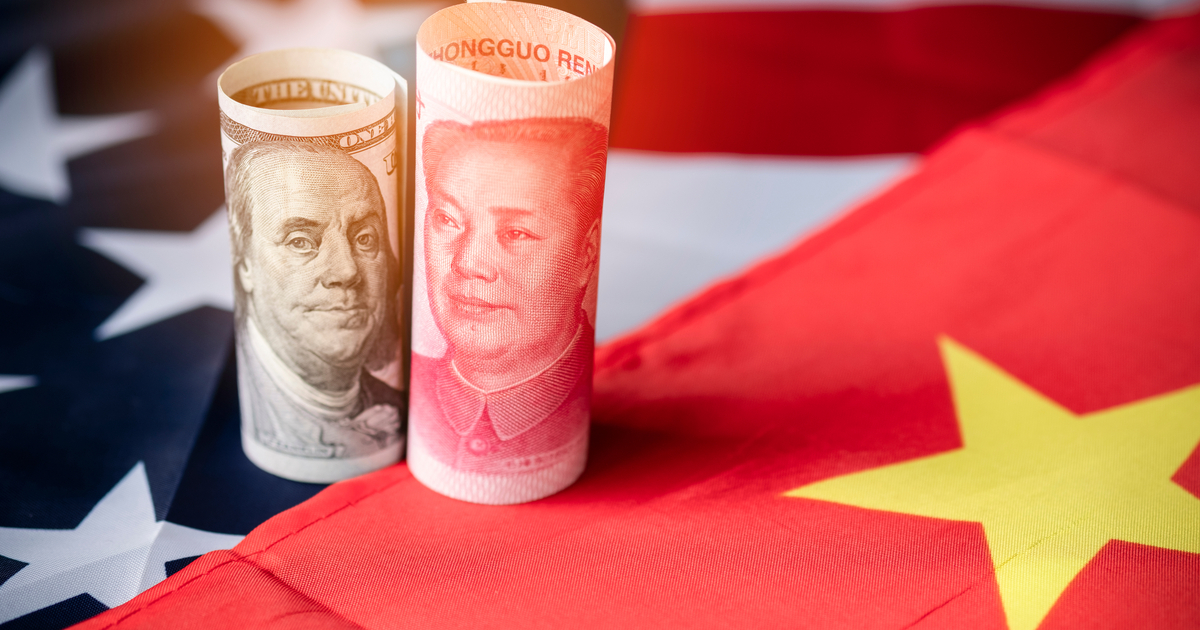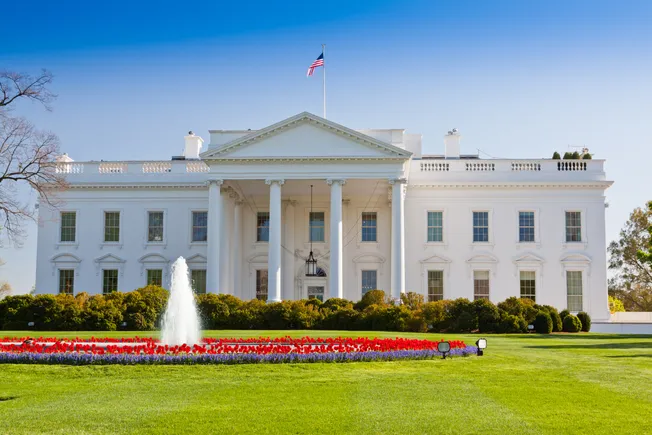Social responsibility is a business requirement, not a make-good strategy
Brands need to stop selling dreams and start solving problems.

Since the tragic death of George Floyd sent shockwaves across corporate America—forcing advertisers to confront racial injustice and take accountability for a longstanding lack of representation—consumers are now calling for their favorite brands to take a firm and definitive stance on the issues that directly impact their communities.
Read Ad Age's latest news on diversity, equity and inclusion.
In addition to being socially aware, highly engaged and having unprecedented access to information, consumers are more vocal about causes they champion and demand that brands share their values through tangible action.
A recent Edelman report revealed that a majority of Americans place greater trust in major corporations than government institutions. This power shift has redefined what it means to be an effective CEO, while also rewriting the rules for marketers to effectively communicate and build deeper connections with consumers.
As a result, the expectation of brands has shifted from categorizing social responsibility as a somewhat charitable or philanthropic effort to fully embracing social impact and racial equity as essential pillars of a progressive business model.
With the purchasing power of Black America rising to a record $1.7 trillion, and while the cultural economy evolves and America continues to become increasingly more diverse, it’s time for brands to rethink the role of social responsibility and understand that prioritizing racial equity is now a requisite business strategy.
Advertisers have a duty to drive social change
Today’s consumers couldn’t be clearer about the standard of social responsibility they set for advertisers. They expect brands to consistently embody their core values in every campaign, piece of content, or corporate decision shared publicly:
68% of consumers say their social values shape their purchasing decisions. (McKinsey, Inclusive)
64% of consumers prefer to buy from companies with a purpose-driven reputation (Havas)
53% of consumers will pay more for brands that take a stand on social issues (Havas)
64% of investors fund companies based on their core values (Edelman)
60% of employees choose a place to work based on their corporate values (Edelman)
From the investors funding a company to the employees making products to the consumers who purchase them, the consensus is clear: Businesses must hit their targets while making the world a better place. CEOs and chief marketing officers have the obligation to make their corporate intentions clear and to spread their values through the entire business model.
Social change starts with racial equity
For major corporations, success can no longer strictly be measured by bottom-line metrics such as annual profits or total number of products sold. Instead, in an era where social impact powers the global economy, becoming a true global leader also requires standing in the fight with your consumers and serving their communities in a way that creates transformative change at every level.
Advertisers can no longer hide behind empty commitments to empower and support the Black community without having a strategy for socially and economically elevating the collective:
42% of consumers believe brands are not doing enough to confront systemic injustice (Edelman)
65% of consumers expect CEOs to improve policies related to prejudice and discrimination (Edelman)
90% of Gen Z believes companies should directly address racial equity
The best business leaders understand that there is no justification for operating a company that dismisses the realities of racial injustice or ignores the need to provide equal opportunity at every level.
Betting on Black is better for business
Black companies and consumers represent tens of billions of dollars in revenue across music, entertainment, fashion and sports. These Industries directly influence global consumer trends and drive contemporary culture, representing America’s largest global exports.
At the same time, brands aren’t lost on the value of marketing and selling to the Black community, only weakening the argument that there isn’t real value or reach in Black-owned media, while strengthening the argument that advertisers need more Black-owned inventory to invest with.
Buying Black media should be a focal point of racial equity efforts for the majority of consumer brands. Yes, there is limited inventory. Yes, the long tail of Black-owned media may not always have the infrastructure to work with big brands. But excuses are tools of the incompetent that build bridges leading to nowhere. It’s time brands prove their competency by challenging themselves to build strong bridges to the Black community.
The media market value surpassed a record $2.3 trillion in 2021
Of $239 billion spent on ads in 2019, only 1% was invested into Black-owned media companies
Ad spending with Black-targeted media increased by 16% to $3.8 billion between 2011-2019
Imagine what the world would look like if instead of reacting to these trends, major corporations began playing an active part in leveraging these trends to create a new world for Black-owned media, creators and the communities they serve.
Help create a Black Disney—a multibillion-dollar Black-owned empire. Fund Black creators to produce premium content. Build the infrastructure and marketplaces Black-owned media companies need to compete. This can only come to life if we prioritize partnership over sponsorship and accept that your stakeholders are holding you accountable for creating the world they want to live in.
Gone are the days when we can allow KPIs to power our dreams. It’s time to let our dreams power our KPIs.
Don’t miss the latest news. Sign up for Ad Age newsletters here.

 Lynk
Lynk 



























.jpg&h=630&w=1200&q=100&v=f776164e2b&c=1)




